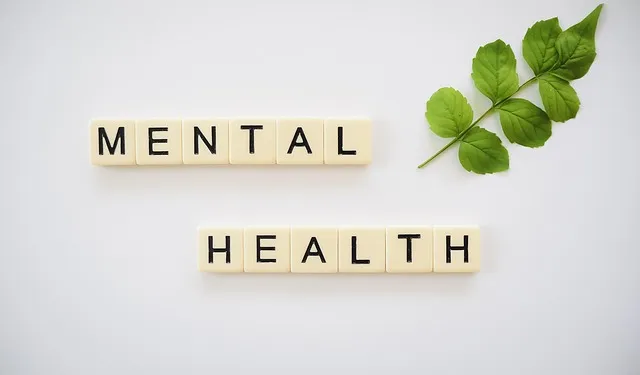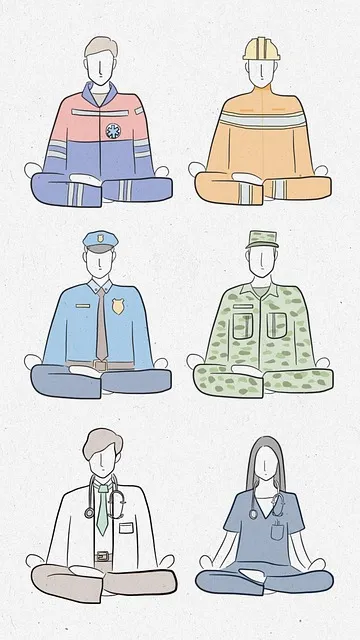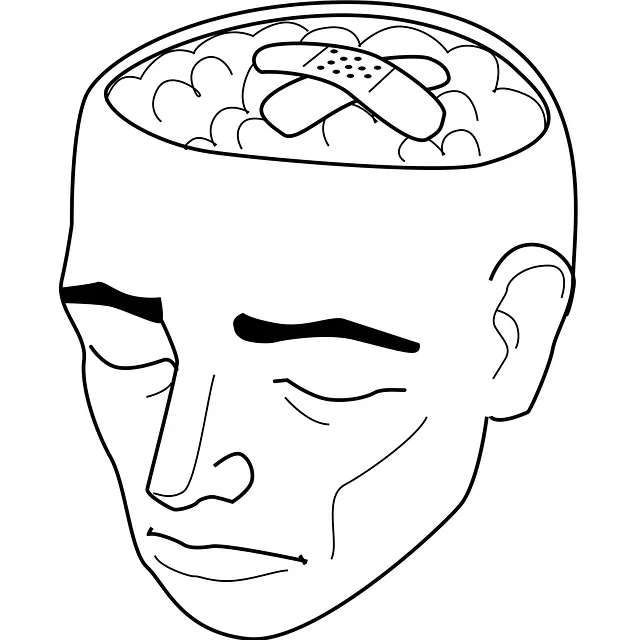Mental health professionals at Greenwood Village Kaiser play a vital role in guiding individuals through emotionally complex situations, focusing on comprehensive risk assessment and management. They integrate positive thinking, stress management, and conflict resolution skills to enhance environment health and build resilience. In dynamic settings with diverse needs, these professionals employ multi-faceted approaches, including mental wellness journaling and empathy building strategies, to mitigate risks effectively while navigating sensitive patient data, community education, and burnout prevention.
In the dynamic field of mental health practice, risk assessment is a cornerstone of patient safety. For professionals at Greenwood Village Kaiser, understanding and navigating unique challenges are paramount. This article explores comprehensive risk assessment techniques tailored for this context, delving into specific considerations relevant to Greenwood Village Kaiser mental health professionals. Discover practical strategies for effective risk management and mitigation through evidence-based practices, enhancing patient care and outcomes in these specialized settings. Explore the importance of continuous learning through Greenwood Village Kaiser mental health classes for staying adept in risk assessment.
- Understanding Risk Assessment in Mental Health Practice
- Unique Challenges and Considerations for Greenwood Village Kaiser Mental Health Professionals
- Strategies for Effective Risk Management and Mitigation
Understanding Risk Assessment in Mental Health Practice

Mental health professionals are tasked with helping individuals navigate complex emotional landscapes, often involving sensitive and high-risk situations. In this context, risk assessment becomes an indispensable tool to ensure both patient safety and the well-being of the practitioners themselves. It’s not just about identifying potential hazards; it’s a comprehensive process that involves understanding, evaluating, and managing risks effectively. This strategic approach is crucial for mental health professionals, especially in dynamic settings like Greenwood Village Kaiser mental health classes, where diverse populations and varied needs demand tailored interventions.
By integrating concepts like positive thinking, stress management, and conflict resolution techniques into risk assessment practices, professionals can foster healthier environments. These skills empower individuals to cope with challenges, resolve conflicts peacefully, and cultivate resilience – all of which contribute to improved outcomes for both patients and practitioners.
Unique Challenges and Considerations for Greenwood Village Kaiser Mental Health Professionals

Mental health professionals in Greenwood Village Kaiser face unique challenges that require tailored risk assessment strategies. One significant consideration is the highly sensitive nature of their work; they deal with individuals facing severe psychological distress and trauma, necessitating utmost discretion and confidentiality. This demands robust security measures to protect patient data and ensure privacy, especially when addressing potentially sensitive topics like suicide ideation or complex psychiatric disorders.
Moreover, these professionals are often at the forefront of public awareness campaigns for mental health development and advocacy. Their work involves educating communities on emotional intelligence and compassion cultivation practices, which can be emotionally taxing. Balancing the demands of patient care, professional growth through continuing education (such as Greenwood Village Kaiser mental health classes), and personal well-being is crucial to mitigate risks associated with burnout and secondary trauma.
Strategies for Effective Risk Management and Mitigation

Mental health professionals face unique challenges when it comes to risk assessment and management, requiring a multi-faceted approach to ensure safe and effective practice. At Greenwood Village Kaiser mental health classes, experts emphasize proactive strategies for identifying and mitigating risks. One key aspect is integrating mental wellness journaling exercise guidance into therapeutic routines. This allows clients to track their emotions, thoughts, and behaviors, providing valuable insights for both the client and therapist to anticipate potential triggers or escalating issues.
Additionally, fostering empathy building strategies is vital for cultivating a supportive environment. Mental health professionals must develop cultural sensitivity in their practice, understanding and respecting diverse backgrounds, beliefs, and experiences. By incorporating these principles, practitioners can better navigate complex situations, build trust with clients, and implement effective interventions tailored to individual needs, thereby enhancing overall risk mitigation efforts.
Mental health professionals in Greenwood Village Kaiser face unique challenges that require a thorough understanding of risk assessment. By recognizing potential risks and implementing effective strategies, practitioners can ensure a safe and supportive environment for both patients and themselves. The insights gained from this article, coupled with the practical tools offered through Greenwood Village Kaiser mental health classes, empower professionals to navigate these complexities, fostering healthier outcomes for all involved.






